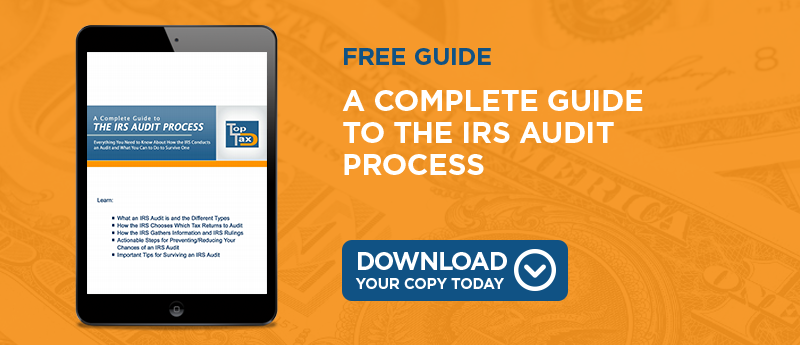
Generally, the agency only resorts to bank levies in cases when a taxpayer has refused to settle his or her account in a timely fashion. The best way to avoid an IRS bank levy in the first place is to work at resolving your tax balance with the agency as quickly as possible.
How Does the IRS Inform You of the Levy?
The IRS sends out written notices to all taxpayers before enforcing a bank account levy. However, if you've changed addresses since your tax problems began, you may not receive the notice. Even if you don't get the notice in the mail, the IRS can still enforce the levy as long as the agency has attempted to notify you.
From the time you receive the notice of intent to levy in the mail, you'll have 30 days to stop the levy. One way you can do this is by setting up an IRS payment plan in an effort to bring your account back into good standing.
What Can You Expect When a Levy is Imposed?
If you don't take any action in the 30-day period before the levy goes into effect, the IRS will move forward and track down your bank accounts. After finding out which accounts you own, the IRS will place a hold on the account to prevent you from removing any money that is currently in your account. After 21 days, the agency can begin withdrawing funds from the account at will and applying them to your outstanding balance.
Even though the IRS cannot withdraw the funds itself, it can require the financial institution to send your funds to the agency. Legally, the bank is obligated to comply with this request. If you've been writing checks on the funds in your account prior to the levy, make sure you go back and deposit enough money to cover your outstanding checks.
If you've received notice that the IRS intends to place a levy on your bank account, it's good to learn about what the bank account levy process involves. Being informed about what a levy entails will help you prepare for this difficult situation.




